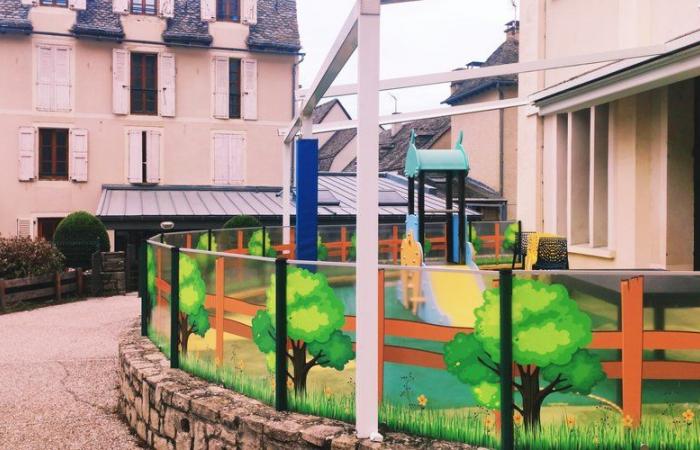
The Lozère Concerning Information Collection Unit received 256 alerts in 2023.
Since the law of March 5, 2007, each Departmental Council must have a Unit for collecting worrying information (Crip), responsible for evaluating, sorting and processing any alert relating to the endangerment of a minor. Renaud Laures, Childhood and Family director responsible for this unit, explains: “This worrying information (IP) comes to us mainly from nurseries and schools, but also from health professionals, family, neighbors and sometimes anonymously.“
399 children affected
Par “concerning information“means any act likely to hinder the health, safety, morality, education or good development of a minor. We obviously think of acts of violence, but these IP can also concern repeated negligence: “The number one cause of reporting by teachers is absenteeism. But a student who throws himself at the food every lunchtime in the canteen; who is regularly not sufficiently covered when it is very cold or whose motor skills are insufficient for their age, must also be called out.”
In 2023, 256 alerts, involving 399 children, were received by Crip. 42 were dismissed; 25, due to their seriousness, were transmitted to the Public Prosecutor's Office and 189 were entrusted to the Crip.
A pair of investigators
When an IP is qualified by the unit, a pair of experts, composed depending on the case of a social worker, a child welfare representative, a childcare worker, a child care educator young children or a psychologist, is trained to shed light on the situation within one day to three months. “They will meet the minor and all the children who live with him. They then question his parents, but also anyone who plays a role in his life (grandparents, cousins, teachers, coaches, etc.) to determine whether or not there is danger or risk of danger..”
Around a third of IPs are closed without further action and the same number are transmitted to the judicial authority. The others remain in the hands of Child Protection who can decide on temporary placement or educational assistance in the parents' home, pending investigations or a notable improvement in the situation.
The child then joins a host family – Lozère has 74 – or one of the three Social Children's Homes in the department. “We also have a nursery, a mother-child home and nine living and reception areasspecifies Françoise Amarger-Brajon, vice-president of the department in charge of human solidarity. These are homes designed to accommodate up to seven children, supervised by a team of educators who live on site.“
At the heart of families
Other times, fortunately, simple administrative protection measures are enough. Among them, Home Educational Assistance (AED). “AED is recommended during a temporary difficulty: a complicated financial period, conflicts during adolescence, a lack of know-how with a newbornspecifies Renaud Laures. These professionals will help parents establish play times, prepare balanced meals, organize finances, take care of the baby. The idea is to do with them, but not for them.“The cooperation and investment of parents will be decisive in the outcome of the case.
Beyond the very strict regulatory framework which surrounds this question of IP, Françoise Amarger-Brajon recalls all the emotional burden which rests on the shoulders of the actors present, whether they are responsible for making an informed decision, for intervening at the heart families or to welcome suffering children: “I think of the social workers who work on these cases. They see and hear things that are sometimes upsetting. As for foster carers, we owe them everything: without foster families, we simply could not protect these children. »





